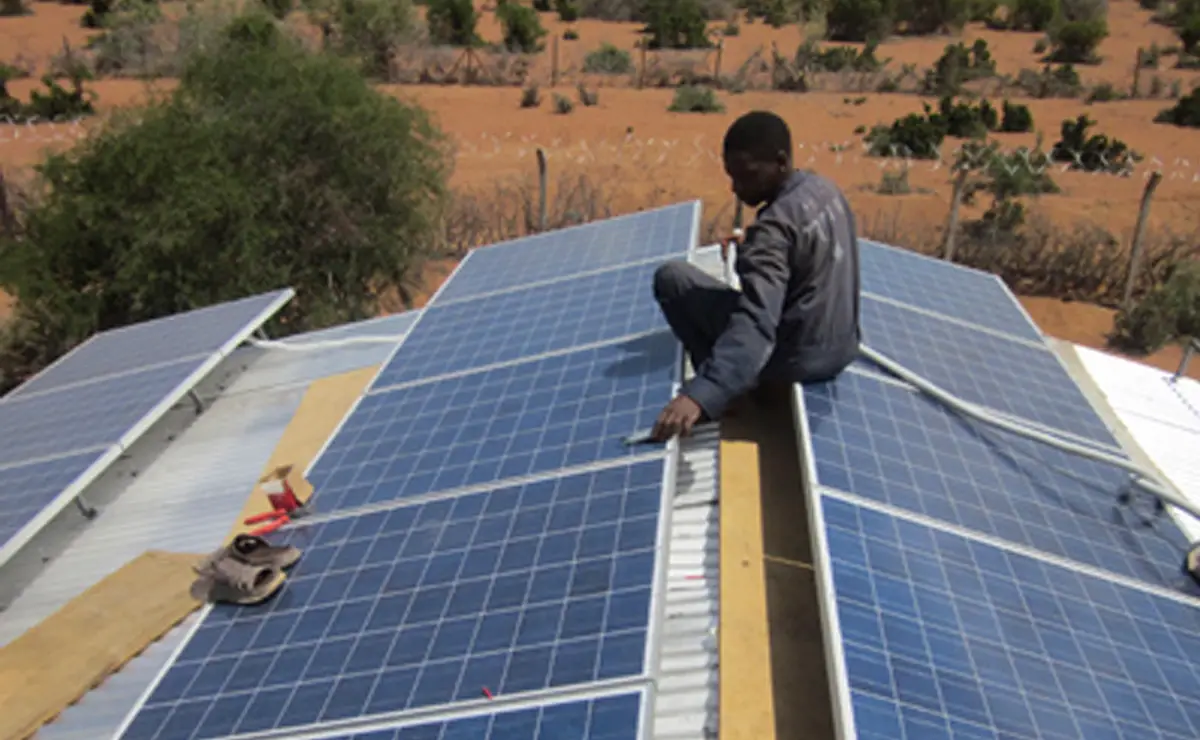The Increased Access to Electricity and Renewable Energy Production IAEREP programme in Zambia, which aims at increasing access to clean, reliable, and affordable energy through the promotion of the use of renewable energy (RE) and energy efficiency (EE) technologies, is set to benefit from a close to US$28m subsidies provided to the Southern Africa country by the European Union.
According to the European Development Fund (EDF) country office in Zambia, “the funds will help stimulate the emergence of sustainable business models for energy services to promote the use of renewable energy and energy efficiency at the national level and encourage the private sector to participate in the rural electrification programme.”
Implementation of the (IAEREP) programme
Also Read: Preparatory work for Tanzania-Zambia power interconnection project begin
Spearheaded by the Rural Electrification Authority (REA), the IAEREP programme in Zambia is being implemented through three parallel lines of action.
These are; Support to public institutions to develop and/or revise the legal and regulatory framework for the deployment of renewable energies and energy efficiency in the county; Building capacity of both public and private organizations involved in the deployment of renewable energy and energy efficiency; and Providing early-stage seed finance in the form of grant funding, through this call for proposal, for stimulating the emergence of sustainable business models for energy services to promote the use of renewable energy and energy efficiency at the national level and incentivize private sector participation in the rural electrification programme.
Expectations for the programme
The IAEREP programme in Zambia is expected to provide more than 50,000 people and 500 small and medium-sized enterprises with access to energy. In doing so, the central African country authorities hope to accelerate economic activity in the beneficiary localities and by extension reduce poverty there.

